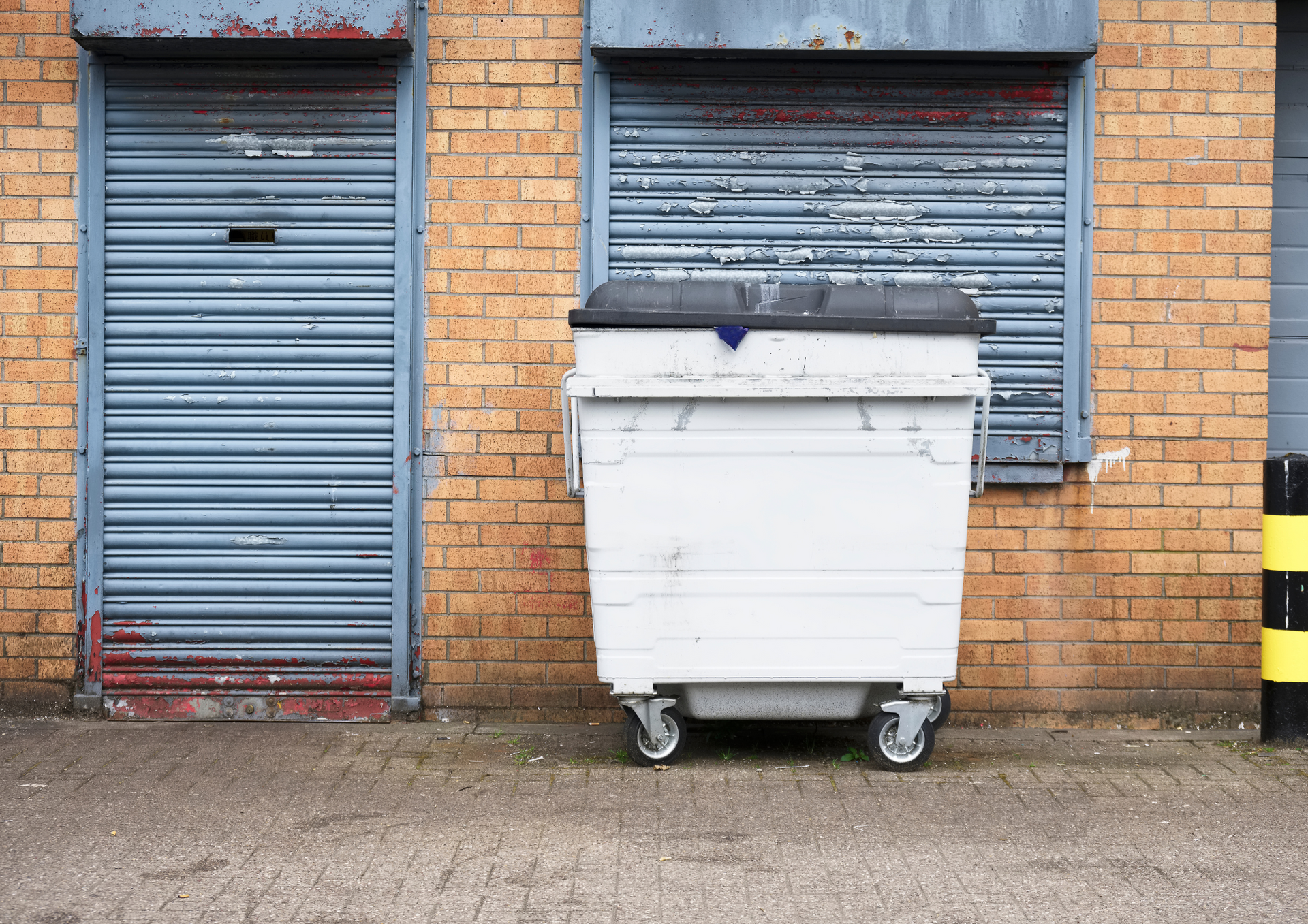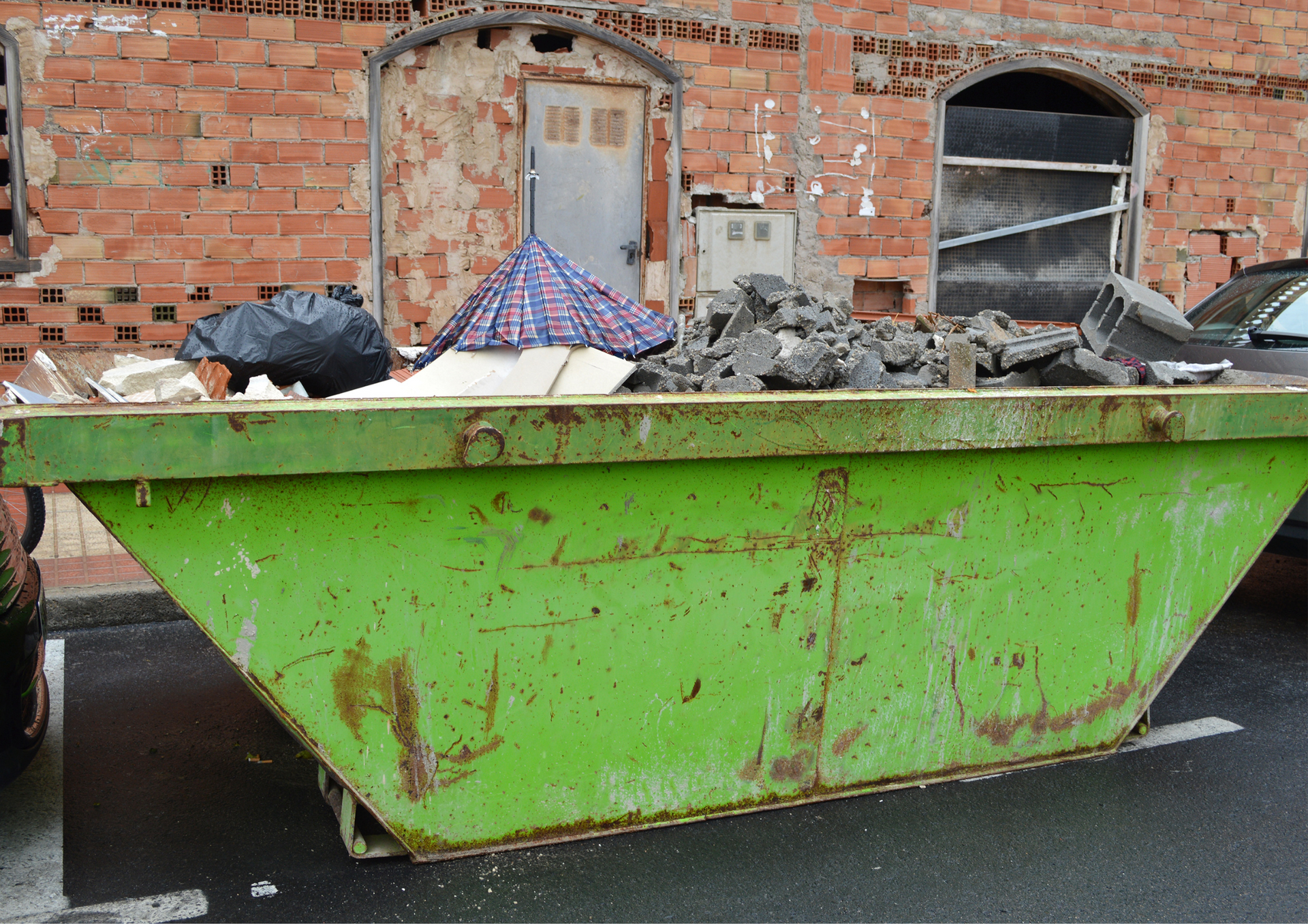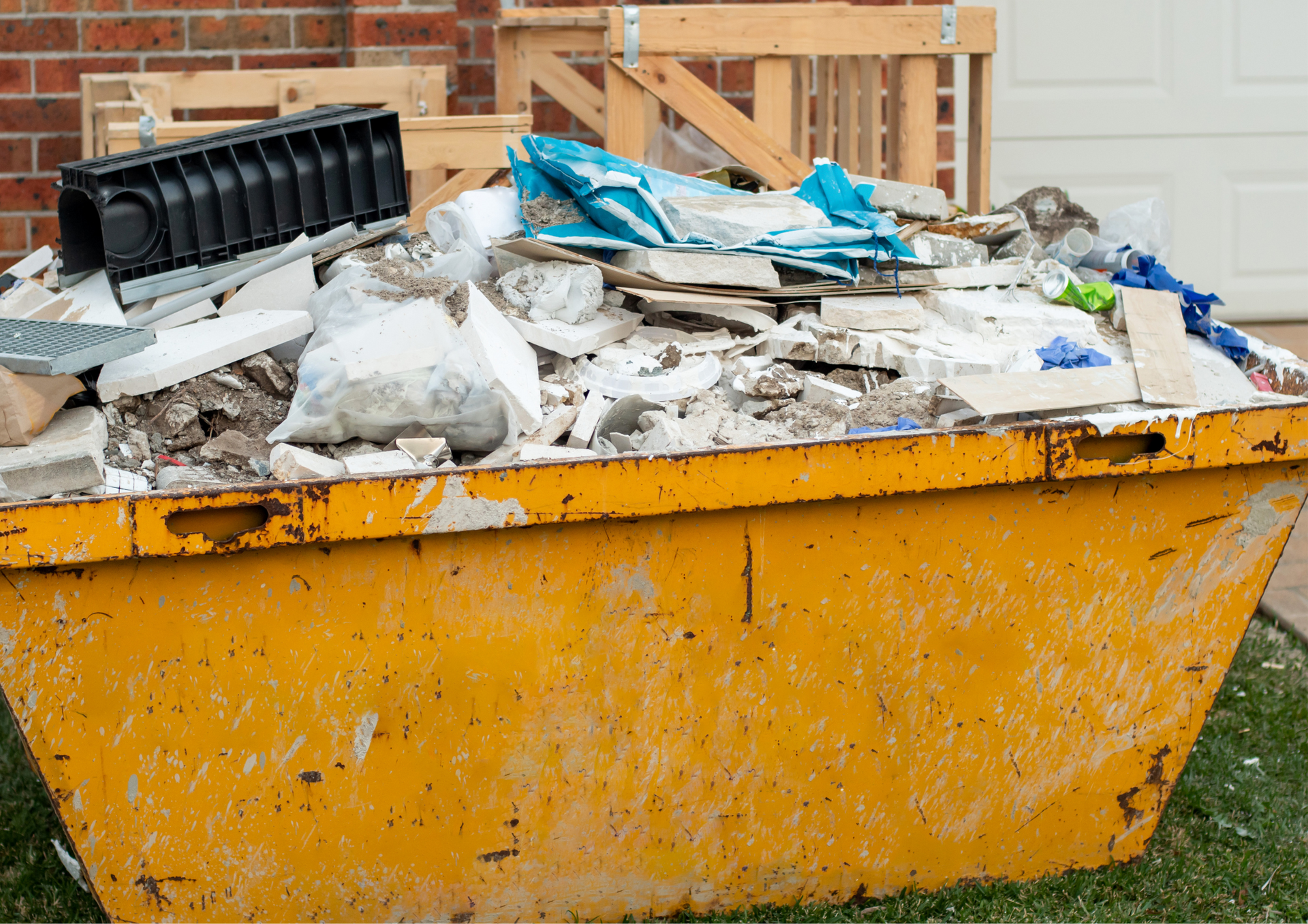Mini vs Small Skip Hire: Key Differences for Smarter Waste Use
Effective waste management starts with choosing the right skip size. Whether you're renovating a home, clearing a garden, or handling commercial waste, selecting between a mini or small skip is an important part of planning your skip hire.
This guide highlights key differences to help you choose the right skip, whether you're a homeowner or contractor.
Understanding the Core Differences
Both mini and small skips are ideal for projects that don’t require a large-scale industrial skip, but they serve slightly different purposes due to their sizes and capacities. A mini skip hire generally ranges from 2 to 3 cubic yards, holding roughly 25 to 35 bin bags of waste. These are excellent for smaller projects such as bathroom refurbishments, garden tidies, or decluttering individual rooms.
On the other hand, small skip hire refers to skips typically sized between 4 to 6 cubic yards. These are ideal for slightly more substantial jobs like kitchen renovations, moderate landscaping tasks, or disposing of heavier, denser materials.
The difference might seem minor on paper, but practically, it impacts everything from placement and transport to waste segregation and cost-efficiency. Choosing a mini skip for a job that requires a small skip might lead to overfilling and the need for an extra skip, while opting for a small skip when a mini would do could be a waste of both money and space.
Matching Skip Size to Project Scope
The type and scale of your project should guide your decision. A mini skip hire is often the top choice for domestic customers with limited space or smaller loads. If you’re clearing out a flat or replacing a small bathroom suite, a mini skip should suffice.
In contrast, small skips offer more room and are often selected by tradespeople or homeowners embarking on more complex renovations. They're also preferred for jobs involving heavier materials like soil, rubble, or bricks—commonly seen in landscaping projects or kitchen overhauls.
Businesses handling office relocations or events often prefer small skips, as they accommodate a good volume of waste without frequent collections—making mini skip hire both convenient and cost-effective in busy environments.
It’s worth noting that if you’re in a location with tight access or limited space, a mini skip might be more practical. However, in open areas such as driveways, construction zones, or event venues, small skips offer a bit more breathing room for accumulating waste efficiently.
Cost Considerations and Value
Understanding skip bin hire prices is another critical aspect when choosing between the two sizes. Mini skips are naturally less expensive due to their smaller capacity and easier handling. If you're managing a short-term or small-volume job, this option delivers excellent value.
However, if your project’s scale risks generating more waste than a mini skip can handle, hiring a small skip from the outset might save you from the higher overall cost of multiple mini skip rentals.
Businesses and homeowners often misjudge how much waste will be generated—leading to last-minute hires and project delays. That’s why assessing the volume of debris at the planning stage is essential.
Accessibility, Permits and Local Flexibility
Where your skip will be placed plays a huge role in your choice. Urban areas or terraced streets often leave little room for skip placement, making mini skip ideal. These skips can fit into tighter spaces like narrow driveways or garden paths, reducing the need for road permits.
Larger skips may require on-road placement, in which case local council permission becomes a factor. While this isn’t usually a major obstacle, it can add time and cost to your project timeline.
We also support flexible delivery and pickup schedules, helping you stay on track whether you're working on a weekend DIY cleanout or a weeks-long construction project.
When deciding between mini and small skips, the right choice hinges on your project’s scope, the type of waste you’ll produce, available space, and overall budget. Mini skips are best suited for compact jobs with minimal waste, while small skips deliver added capacity for bulkier or denser material. Both offer excellent value when selected for the right task—but misjudging your needs can lead to unnecessary expense or project disruption.
Skip Hire Harrogate offers expert advice, competitive pricing, and a wide range of skip options to suit your specific needs. Whether you’re a contractor, homeowner, landscaper, or office manager searching for skip hire near me, we provide reliable, cost-effective solutions that make waste management easy and compliant.
- Trusted Local Expertise: From Doncaster to surrounding areas, we understand the unique challenges of waste management in your region.
- Transparent Pricing: No hidden fees—just clear, competitive rates tailored to your needs.
- Versatile Range: Whether you need a mini, small, or larger skip, we’ve got the right size available on-demand.
- Reliable Service: Punctual deliveries, flexible collection times, and professional support every step of the way.
- Eco-Friendly Focus: We aim to recycle and dispose responsibly, helping you reduce your project’s environmental impact.
Just out on X: Key differences between mini and
mini skip hire for smarter waste use!




